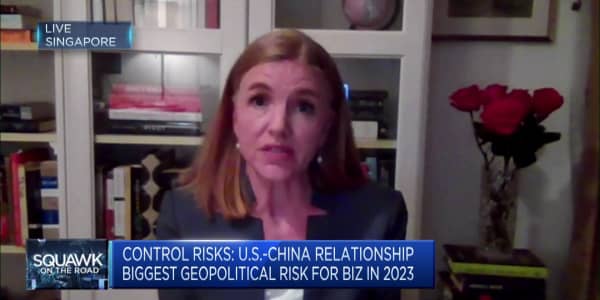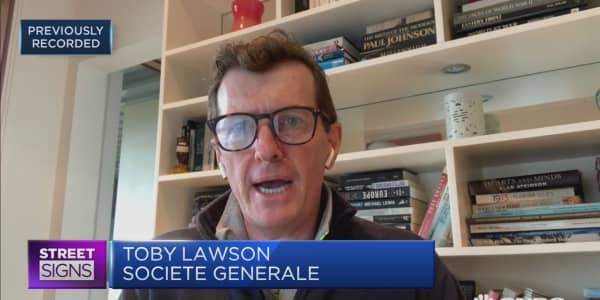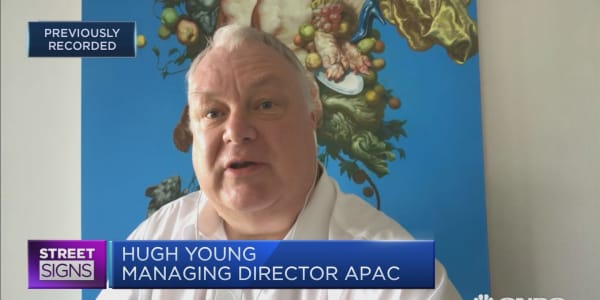The world's attention may have shifted to U.S. airstrikes on Syria, but West Africa continues to be ravaged by the worst outbreak of Ebola. The World Health Organization (WHO) is still investigating 20 to 30 possible cases daily and has declared the epidemic a "public health emergency of international concern".
Here's a look at the latest developments in the battle against the virus—one of the most virulent known to man:
CDC warning
On Tuesday, the U.S. Center for Disease Control and Prevention (CDC) warned that between 550,000 and 1.4 million people in West Africa could be infected with Ebola by January 20, 2015, according to Reuters.
Also on Tuesday, the WHO warned that if the epidemic continued to progress at its current rate, the number of cases could exceed 20,000 by the start of November, with 5,740 sufferers in Guinea, 9,890 in Liberia, and 5,000 in Sierra Leone—equivalent to thousands of cases and deaths each week.
"For the medium term, at least, we must therefore face the possibility that Ebola virus disease will become endemic among the human population of West Africa, a prospect that has never previously been contemplated," said the WHO's Ebola response team in an article published online by the New England Journal of Medicine on Tuesday.
So far, the international health body has reported 5,843 cases of Ebola across Guinea, Liberia and Sierra Leone—the countries at the center of the epidemic—and 2,803 deaths.
Symptoms of the disease, for which no preventative treatment is available, include fever, vomiting, diarrhea and haemorrhage. It is transmitted by bodily fluids.
Just under 50 percent of suffers have died in the current epidemic and Ebola cases have also been reported in Senegal, Nigeria and the Democratic Republic of Congo.
Read MoreIs climate change key to the spread of Ebola?
Sierra Leone lockdown
On Monday, Sierra Leone ended a three-day lockdown, in which residents were not allowed to leave their homes, and thousands of health workers went door to door in search of undeclared Ebola cases.
Sierra Leone's president, Ernest Bai Koroma, called on citizens to respect the lockdown and cooperate with authorities. "Avoid touching each other, avoid eating bush meat, avoid visiting the sick, avoid attending funerals, report illnesses and deaths to the nearest health facility or call 117," he said on the government's official website.
According to Sky News, 92 bodies and at least 56 new cases were discovered during the lockdown. Reportedly, residents mostly cooperated until Sunday evening, when people emerged prematurely onto the streets of the capital Freetown to celebrate the end of the lockdown. The police made some arrests, according to Sky News.
Authorities declared the move a success, but some health groups were critical, saying it would destroy trust between patients and doctors.
Read MoreMining CEOs call for action against Ebola
Drug trials start
On Tuesday, the Wellcome Trust charity announced it had granted £3.2 million ($4.1 billion) for drug trials to be conducted on Ebola sufferers in the three worst-hit countries. The statement came after a WHO expert panel unanimously concluded it would be ethical to test untried treatments on people with the disease, given the exceptional circumstances.
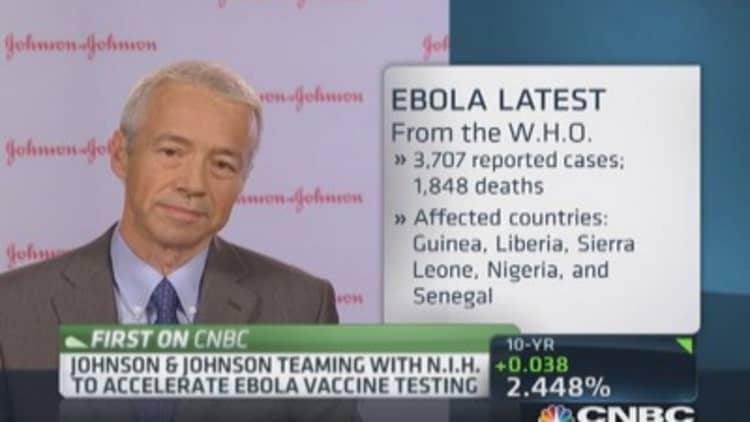
"Investigational Ebola treatments are to be tested in West Africa for the first time as part of an international initiative to fast-track trials of the most promising drugs," said the Wellcome Trust on its website.
The health charity hopes to start the trials around November. Details of which drugs will be used are undetermined, as scientists are still conducting pre-assessments.
A number of pharmaceutical companies which are working on Ebola drugs are collaborating with the charity, including Mapp Biopharmaceutical, Sarepta Therapeutics and Tekmira Pharmaceuticals.
The latter company received authorization on Monday from U.S. and Canadian regulators to use its TKM-Ebola drug on Ebola victims. Shares of Tekmira shot up on the news on Tuesday.
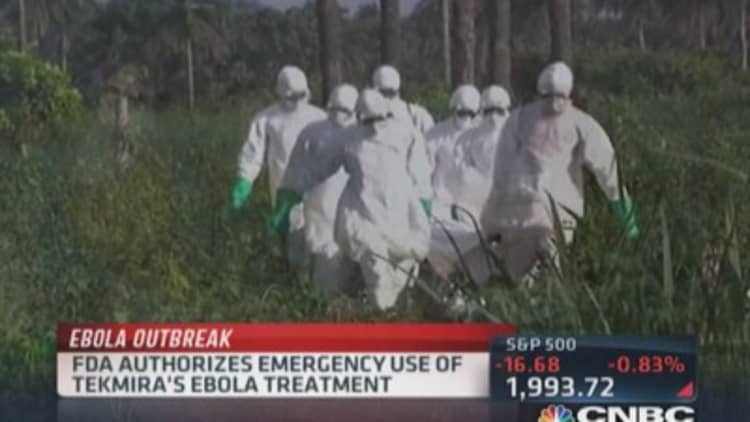
In the meantime, scientists say control measures are important to try and stem the flow of the disease. These include isolating known or suspected cases, tracking down individuals who have been in contact with Ebola sufferers and conducting safe burials.


